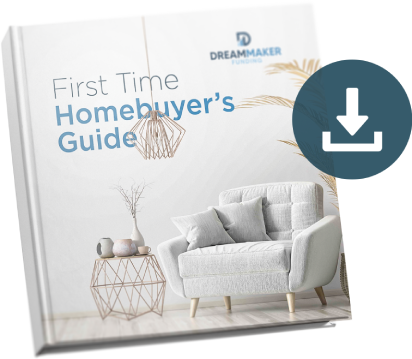Secure Your Retirement With a Reverse Mortgage
If you have enough equity in your house, you may get a reverse mortgage and use the funds for practically any purpose. While you could use the money to spend your retirement years more comfortably, you may also use it to buy a car, explore the world, or take expensive classes.
What sets reverse mortgages apart from conventional mortgages is that you don’t need to make any monthly payments. Instead, you receive money from your lender. The only type of reverse mortgage that the Federal Housing Administration (FHA) insures is the Home Equity Conversion Mortgage (HECM), qualifying for which requires meeting specific criteria.


